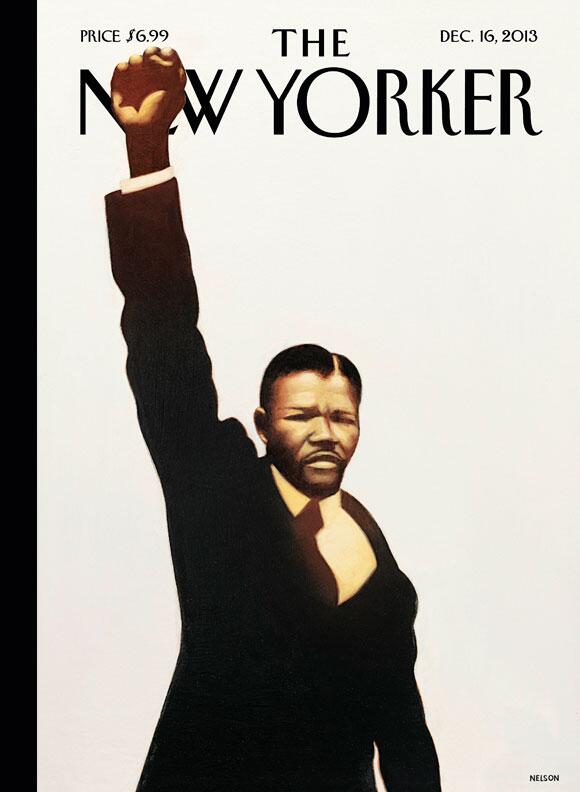
My friend Jonathan Faull has already written a piece that captures the significance of Mr. Mandela’s death for most of us South Africans, and for many elsewhere in the world, better than I’d be able to. As 6000 remarked, British audiences could perhaps contextualise this as “the equivalent of a hundred – a thousand – Dianas”. Commiserations to all who are feeling somewhat bereft, today and in the coming weeks.
My contribution is simply to briefly state that if you’re concerned about honouring Mandela’s memory, or making his life mean something beyond the significance already captured in history, then remember that the symbolic force he generated was all about understanding why we are in disagreement, and trying to find a way out of that disagreement. It was about reconciliation, and hope, and progress. He offered a genuine source of energy for moral courage, and for effecting change.
Regardless of the details of history, and whether you think certain factual details should be emphasised or de-emphasised, that’s the effect of Mandela the icon rather than Mandela the man. So when idiots like those at the Westboro Baptist Church (WBC) say that they will be coming to picket his funeral (Mandela supported gay marriage, thus will be in hell, thus WBC are happy), the last thing you should do in honouring Mandela is to threaten them with violence.
Some hyperventilating types from the tabloids and Twitter (often indistinguishable, I guess) are worried about the fate of SA now that Mandela is dead. But that’s bollocks – we’re in as good or bad shape as we were yesterday. We’ve been saying goodbye to Mandela for months if not years already, and besides, the South Africa he presided over is not the same one we have today.
Our success, or our failure, rests more in whether democrats (and generally, ethical voices) inside today’s ANC can rescue it from the likes of Jacob Zuma. Jacob Zuma is not my president. I’ve not had one since Mandela, but hopefully I’ll have one again, sometime soon. And if you want Mandela’s death to mean something, then consider using it as a motivation to think about what his life meant, and the legacy he left us, and then to buckle down and renew your efforts towards helping us achieve his vision.

